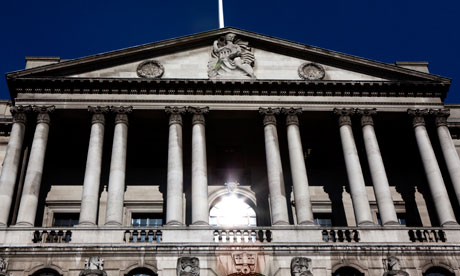It's a bit difficult to be definitive on the new PM's 'energy price guarantee' package, because "details are awaited". The Funeral is the pretext, but actually of course they're making it up as they go along.
So: politics first. She has to do something extraordinary, or she'll be defenestrated by poll-tax style riots before Xmas. As has always been the case, announcements like this shut Starmer up immediately - he never knows what to say. All the commentary has essentially been technical, save for a little peep of "it's not progressive - the wicked rich benefit too": true, but since all eyes are on the Bier, that's not getting any traction.
We might also note that Truss obviously considers it politically unacceptable to announce any form of rationing. it's gonna happen anyway (and we know the Grid already has the power to do it unilaterally), so I think this mealy-mouthed cowardice is stupid. The time to ready the populace for what's to befall is right now, as Macron is doing quite purposefully.
As regards the economics, not that I'm your man here and we look to CU for more; but quite obviously, in the short term the package does almost nothing to increase supply, and not much that I can see to curtail demand (no mention of rationing or compulsory reductions in usage). So the fundamental issue - i.e. this is a genuine (if artificial, as regards Putin's actions) global supply crisis - is being glossed over: it's been decided the state will underwrite whatever the energy is going to cost. So the first big takeaway is: cost-push inflation will go roaring on.
What about spontaneous demand-side response? Industry will certainly retreat in the face of even the newly capped level of price it's paying: some of this might be in the shape of a bit of efficiency, but mostly it will be outright demand destruction (or 'demand export' - to N.America, which won't be suffering so badly). Likewise, even at the capped level, which is 'merely' twice last year's rather than three times, residential energy consumers will definitely use less. I don't think anyone knows by how much domestic demand will fall - some of it has historically been totally inelastic, but we may find that changes. Again, some of this will be efficiency (and putting on a jumper) but for sure, problems of illness and damp will arise over time. The housing stock won't benefit at all, and nor will sickly people.
All that said, my best guess is that rationing will still be required, certainly if anything like the Beast from the East (meteorological beast, that is) comes along, or even its small brother. This is an outright, absolute energy commodity shortfall, with Europe being as badly affected as any region.
I'm disinclined to bang on about too many of the details just now, because we await so many more. Likewise, the longer-term aspects (North Sea licensing, fracking, nukes) designed to improve supply are for another day, in every sense**. I will say, however, that there is to be a 'commercial' strand of activity undertaken, as Truss favours buying out the generating sector windfalls with secure long term offtake contracts (on a voluntary, negotiated basis!) instead of windfall-taxing them. This is really stupid, in my judgement. Any ideological resistance to windfall-taxing has long since lost its virginity; and the idea that the civil service is up to this 'commercial' task flies in the face of all experience.
Jury is out: but on this and indeed the whole complex package, I'm not even slightly confident a Truss / Kwarteng government is up to the task either. It's just so big. As is the parallel EU effort, by the way (and over there, it's very fraught politically, too: and their grasp of how markets work is really awful). In both cases, there will turn out to be equally big gaps; and overall, the unintended consequences will be legion.
ND
_______________
** ditto the global aspects of the crisis, of which there are many







